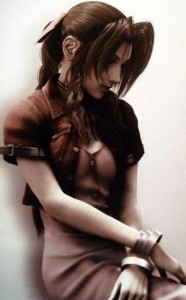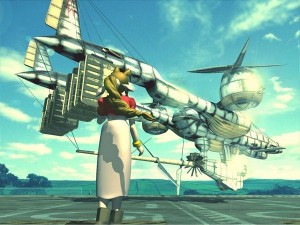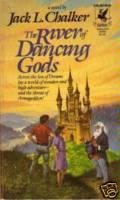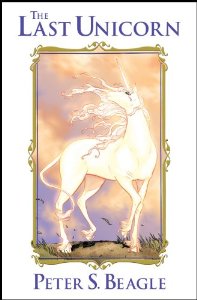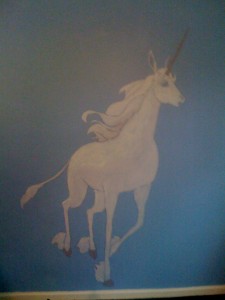Welcome to Myth & Legend month at the Fictorian Era!
This month you’ll hear about why we feel drawn to myths and legends, how they are alive and well even in a modern world ruled by science, and how they can and are used to create a more vibrant and realistic world in which our characters live. From ancient Greece to modern conspiracy to vampires, zombies and true love, we Fictorians will be delving into the stories that we grew up on, the stories that keep coming back again and again, the stories that impact our lives even when we don’t know it.
But before we dive into the whys and wherefores, I wanted to spare a moment to talk about something that has always rather bugged me–the importance placed on the truth or falsity of the stories we tell.
myth noun
1 a: a usually traditional story of ostensibly historical events that serves to unfold part of the world view of a people or explain a practice, belief, or natural phenomenon
b : PARABLE, ALLEGORY
2 a: a popular belief or tradition that has grown up around something or someone; especially : one embodying the ideals and institutions of a society or segment of society
b : an unfounded or false notion
3 : a person or thing having only an imaginary or unverifiable existence
The above definition comes from the Meriam-Webster online dictionary. Now, the first definition is fairly typical of what most of us view as myth. Yet, look at the second definition. For some reason this expresses myth as being a “popular belief or tradition…embodying the ideals and institutions of a society…” but associates that idea with “an unfounded or false notion”.
For some reason I have yet to figure out, there are people who think that just because something is made up, it is false and therefore has less value (an idea that should be anathema to every fiction writer). There are, for instance, many people who take offense when the idea of “Christian mythology” is brought up. To them, the religious stories of the past are truth.
Legend, on the other hand, has a slightly different perception.
leg·end noun
1 a : a story coming down from the past; especially: one popularly regarded as historical although not verifiable
b : a body of such stories <a place in the legend of the frontier>
c : a popular myth of recent origin
d : a person or thing that inspires legends
e : the subject of a legend
In the above definition from Meriam-Webster, a legend is really not much different than a myth. In fact, as the above states, a legend comes from the past, which is fairly equivalent to saying it’s traditional, and like the “unfounded or false notion”, a legend is “not verifiable”. So, really, a legend is a type of myth.
Yet, for many people a line is drawn between myth and legend because while a myth is accepted as complete fiction, a legend has some root in real history. For instance, there is historical evidence that there was a real King Arthur running around Britain in the years after the Romans left and the start of the Middle Ages.
But would it really matter if that were true? If there really was a Robin Hood in Sherwood Forest at some point in history, would it make his legend any more powerful a tale? I think everyone pretty much knows the fallacy of “Honest” Abe Lincoln, but does it make him any less a seminal figure in American history that he wasn’t averse to the occasional lie?
The purpose of both myth and legend is to bring sanity to an insane universe, to explain the unexplainable, to give hope to the hopeless, to highlight the best and worst of humanity in order to teach us what it means to be human. This, I think, is why we hold onto them so tightly as to never let them fall into obscurity.
If you think about it, isn’t that the point of all fiction? Aren’t we, as writers, creators of myth and the occasional legend? Yes, our stories may not be carried down through the ages as of yet, but they could be. Heck, I’m sure Shakespeare never thought his plays would still be performed almost half a millennia after he wrote them, but the imaginary lives of Hamlet and Romeo and Juliet have just as much impact as King Arthur and Robin Hood.

